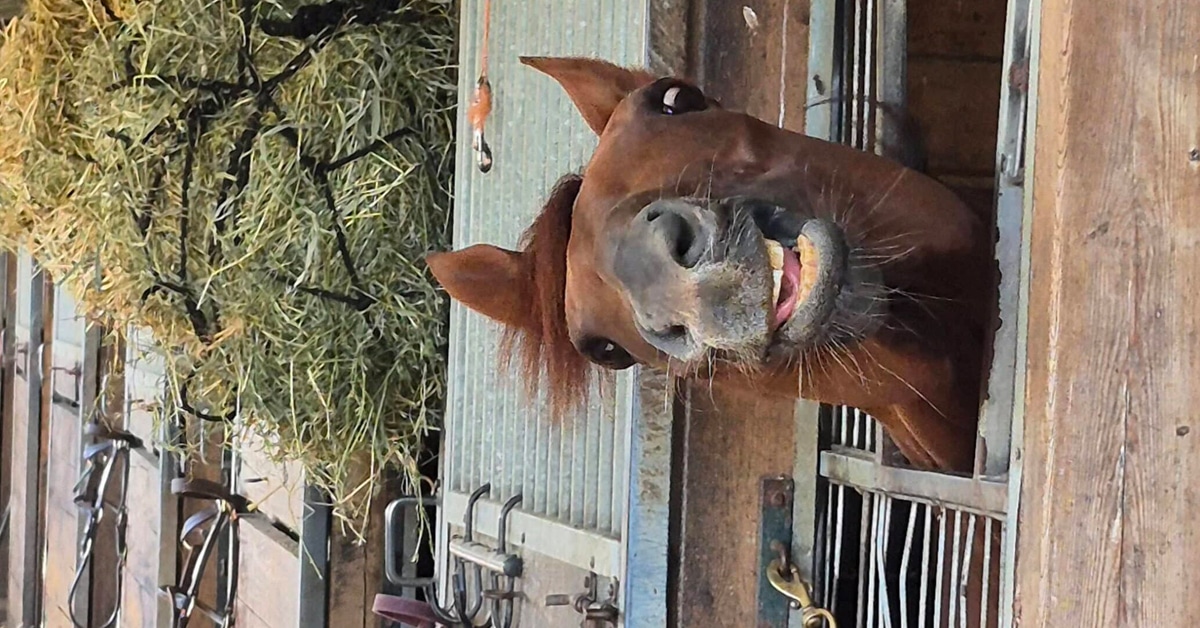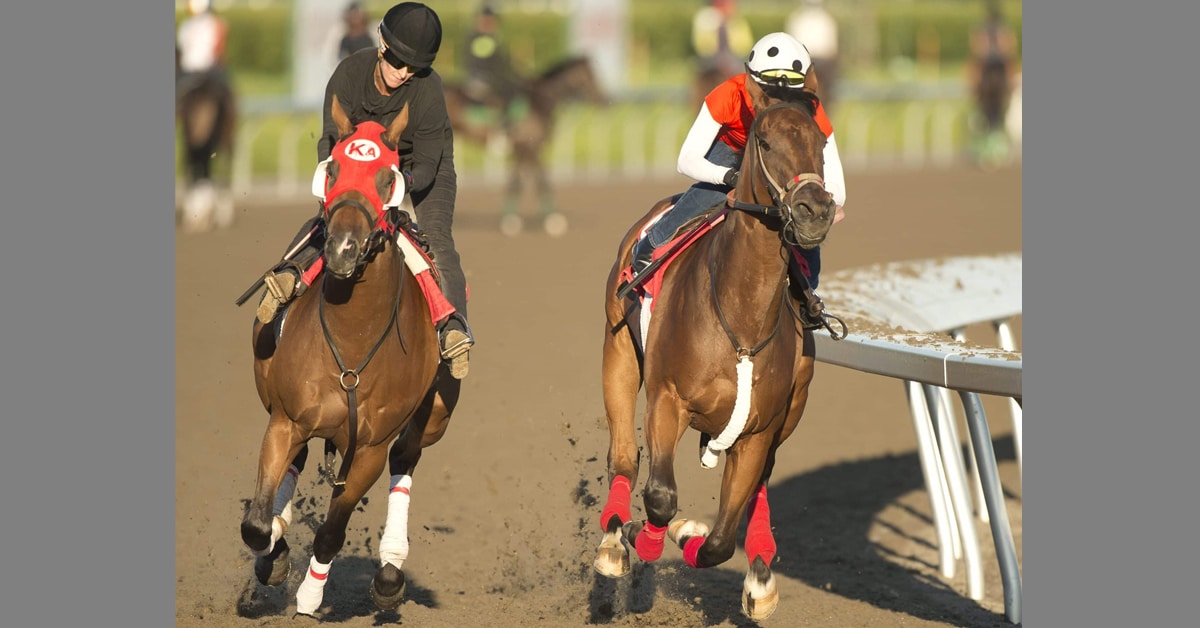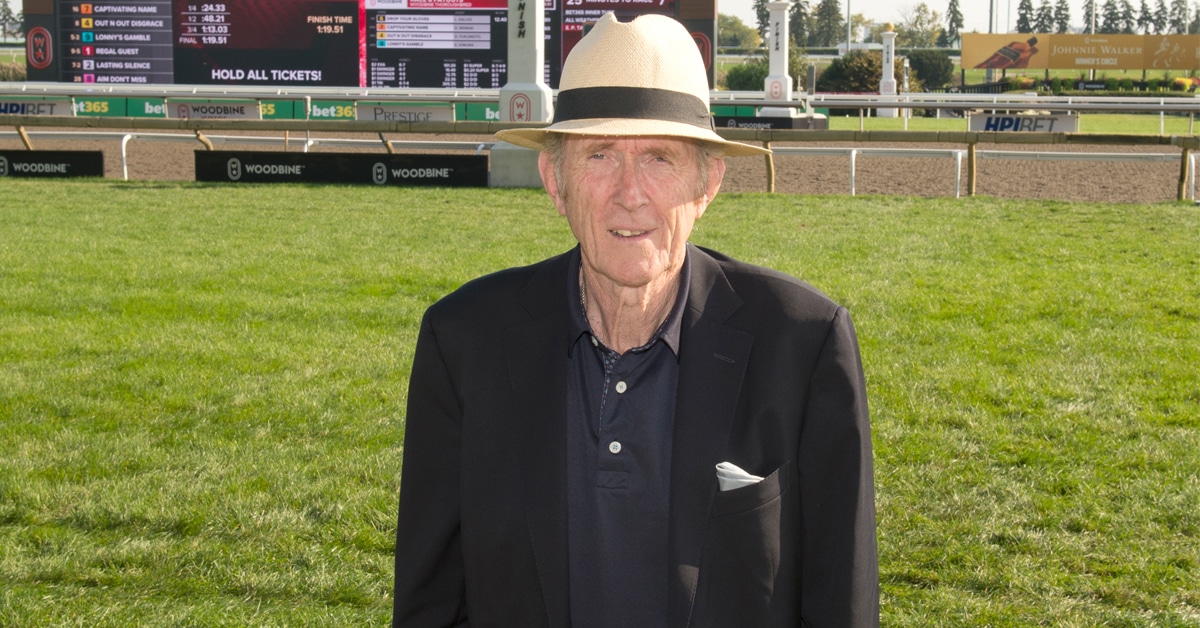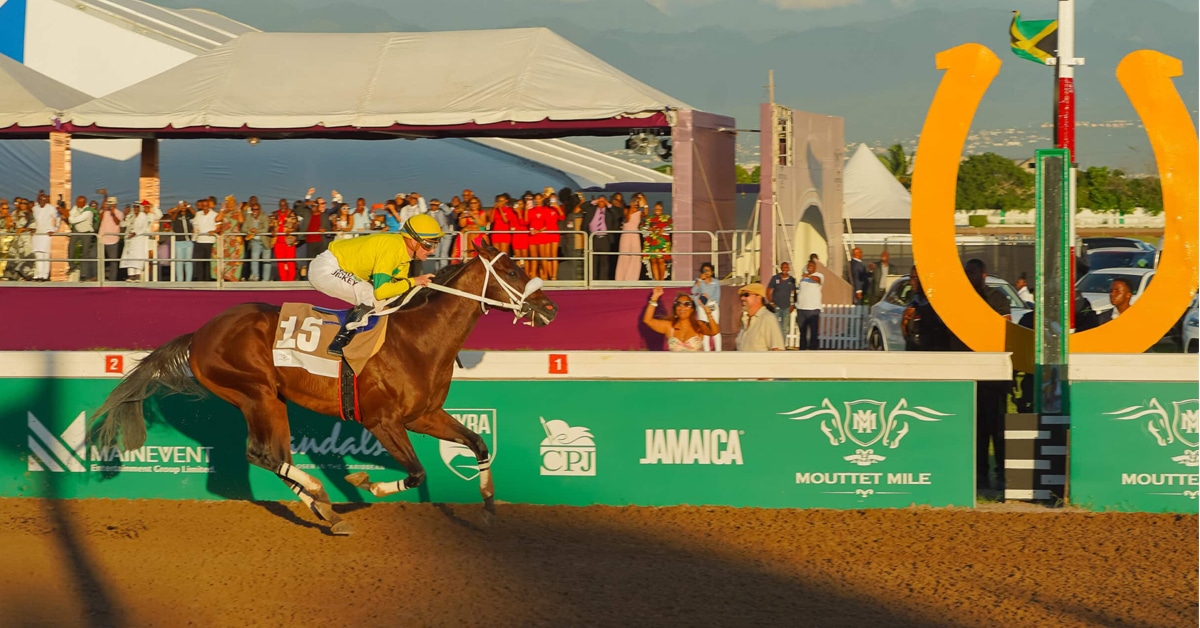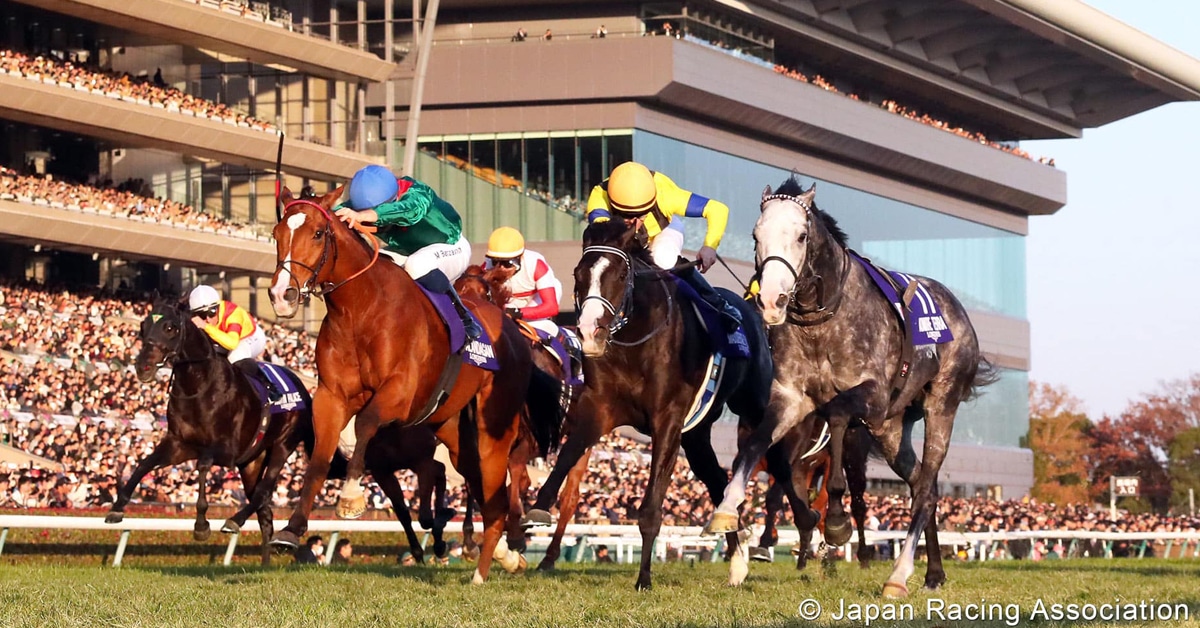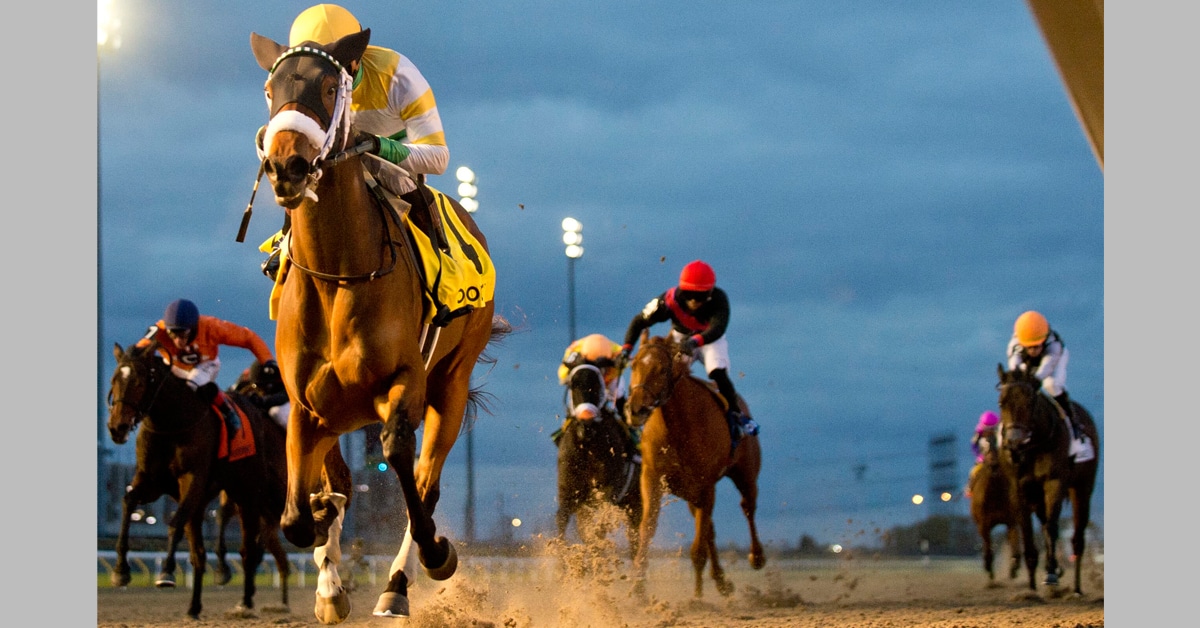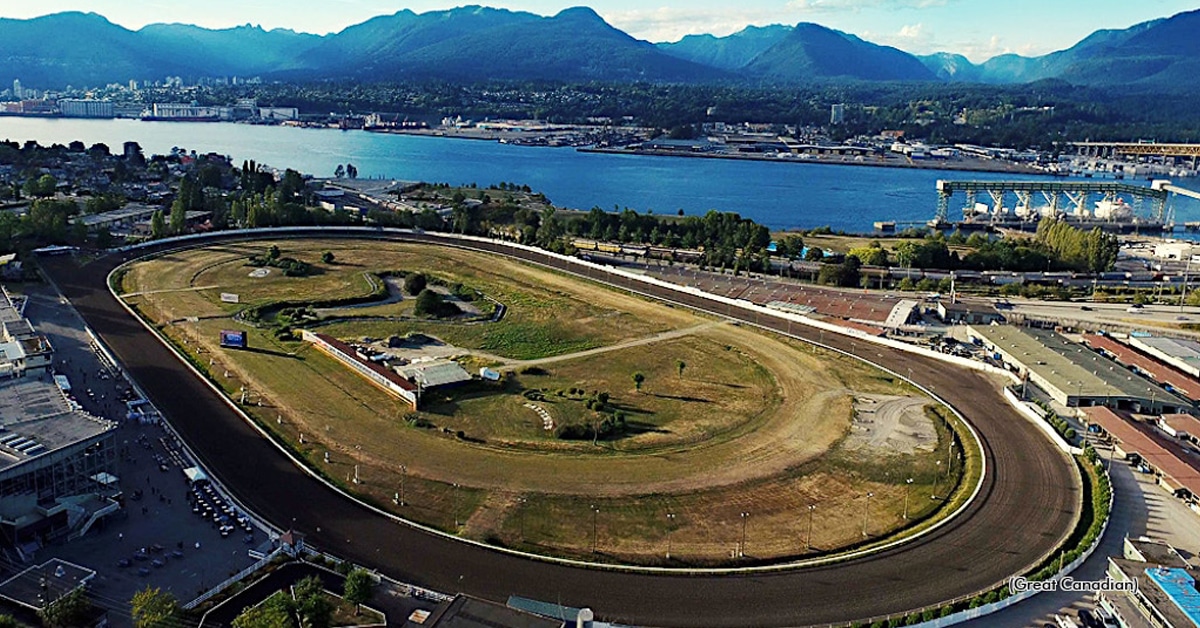It was last fall when trainer MIKE DEPAULO got the bad news that TITO’S CALLING, then a two-year-old filly who had just finished second in the Victorian Queen Stakes, had tested positive for the Class 2 substance capsaicin. That pesky substance, the active ingredient in chili peppers, had already caused a stir in racing in Canada in 2020 when dozens of horses from coast to coast were found to have traces of it in post-race urine tests.
It was a disastrous situation for many owners and trainers, many who did not have possible products in their barn that could contain the substances such as Zev (for coughing) or Rap Last (sometimes used on bandages so a horse won’t tear them off their legs). In fact, the amount of capaiscin found in some products is so minute it is not even listed as an ingredient.
The Woodbine trainers of the horses that tested positive tried to fight it, and the HBPA of Ontario worked with the Canadian Pari Mutuel Agency and the Alcohol and Gaming Commission of Ontario. Eventually, the trainers were not suspended or fines and the positive test would be erased from their record. The purse monies, however, were lost.
Since then, the level of capsaicin deemed to be a positive test was raised but no investigations by any groups could find the actual source of the substance.
Two years later, capsaicin is still a problem. DePaulo, who was part of the first group of some 45 cases first found, has never had a positive test of any kind, like the majority of trainers who landed in the mess. When Tito’s Calling tested positive, he was stunned.
As he said to media outlets on more than one occasion, DePaulo put it succinctly: no one would use capsaicin in trace amounts and think that it would do anything for a horse as far as easing pain. In essence, it would make more sense to have a Butazolidin (bute) overage and get a 15-day suspension.
Instead, DePaulo was slapped with a one-year suspension and a $10,000 fine, which dropped to three months and $2,000 after several months through the winter until racing began again this April. A trainer who has been one of the fixtures in Canadian racing, along with his wife Josie and son Joseph who also run the shedrow, now sits on the sidelines with dozens of horses in training, including several King’s Plate contenders.
The CPMA reverted any queries to the Racing Commissioners of America while the AGCO said,
“While we can’t speak to the specifics of this case, when there is an equine positive test result, the AGCO conducts a thorough investigation and is guided by the Policy Directive Equine Drug Violations. – Policy Directive No. 1-2018: Guidelines – Penalties for Equine Drug, TCO2 and Non-Theraputic Drug Violations.
Since its first statement on positive tests for capsaicin, the AGCO has worked to enhance education in the racing community regarding prohibited substances. As always, our priority is to conduct a fair and independent investigation to ensure the safety and integrity of horse racing in Ontario. All matters were critically considered in this ruling and the penalty deemed appropriate to the circumstances.”
DePaulo submitted an appeal to have the ruling heard but told Canadian Thoroughbred that by the time the matter went through the Horse Racing Appeal process, he would be risking not even being back on track in time for the August 20 King’s Plate. He withdrew the appeal.
The good news is, with Josie (also a board member of LongRun Retirement) and Joseph and trainer Ross Armata, Jr. manning the big stable, things are moving well with the horses.
Tito’s Calling flew up the rail to win a seven-furlong optional event on Friday afternoon under Emma-Jayne Wilson, her second straight win in her first outing since December. Tito’s Calling is a Society’s Chairman filly from Unstablenthemornin by First Dude, owned and bred by Robert Marzilli.
There remains no information on what could be causing capsaicin positives and for horsepeople in Ontario, the hope is that answers will be found.
More News
